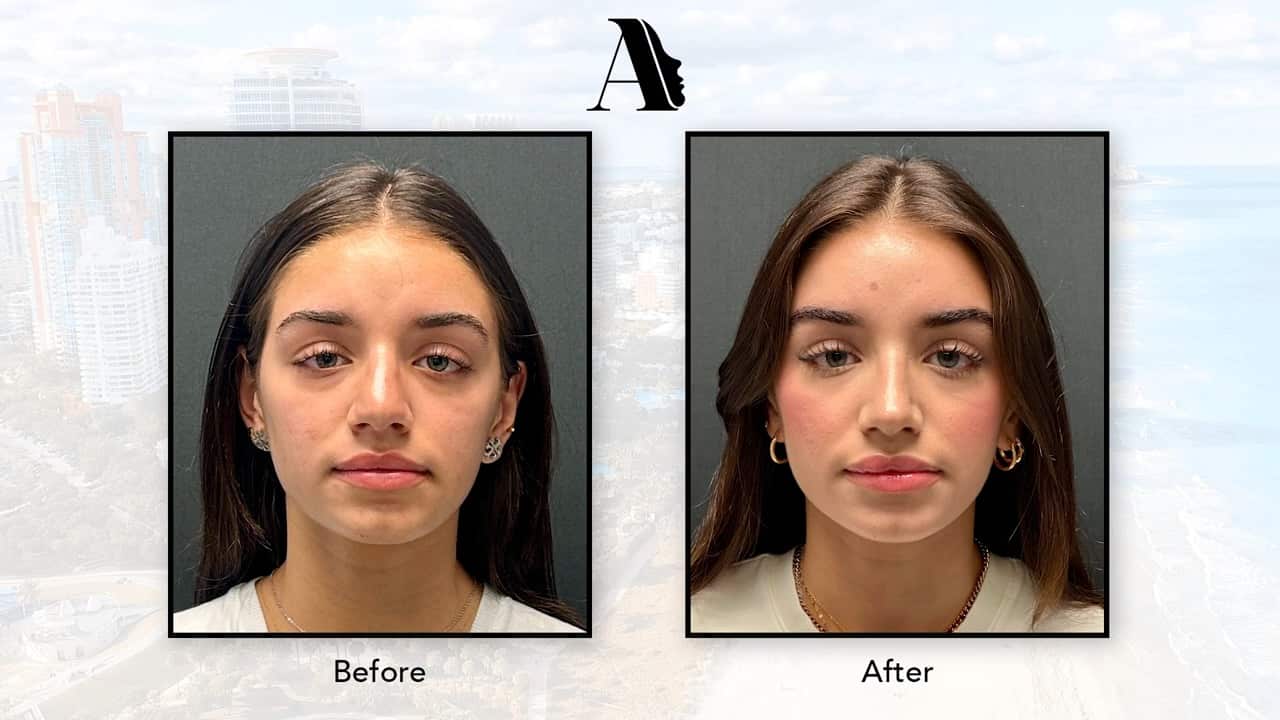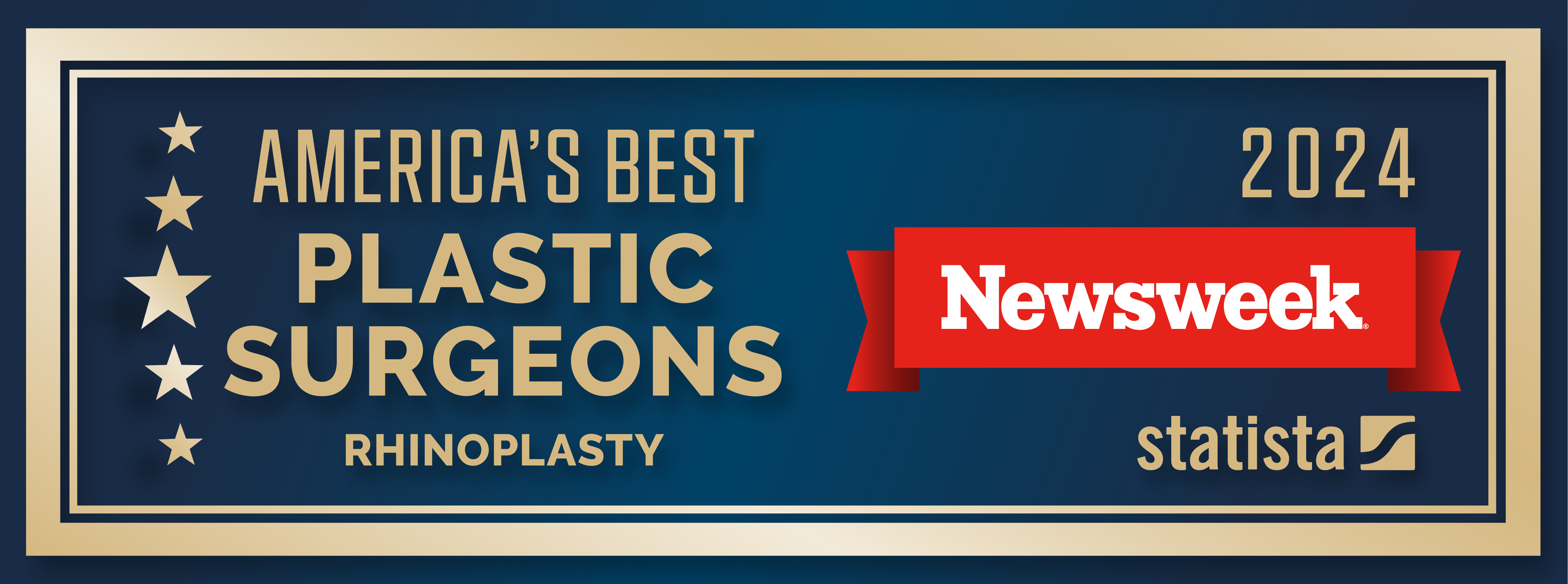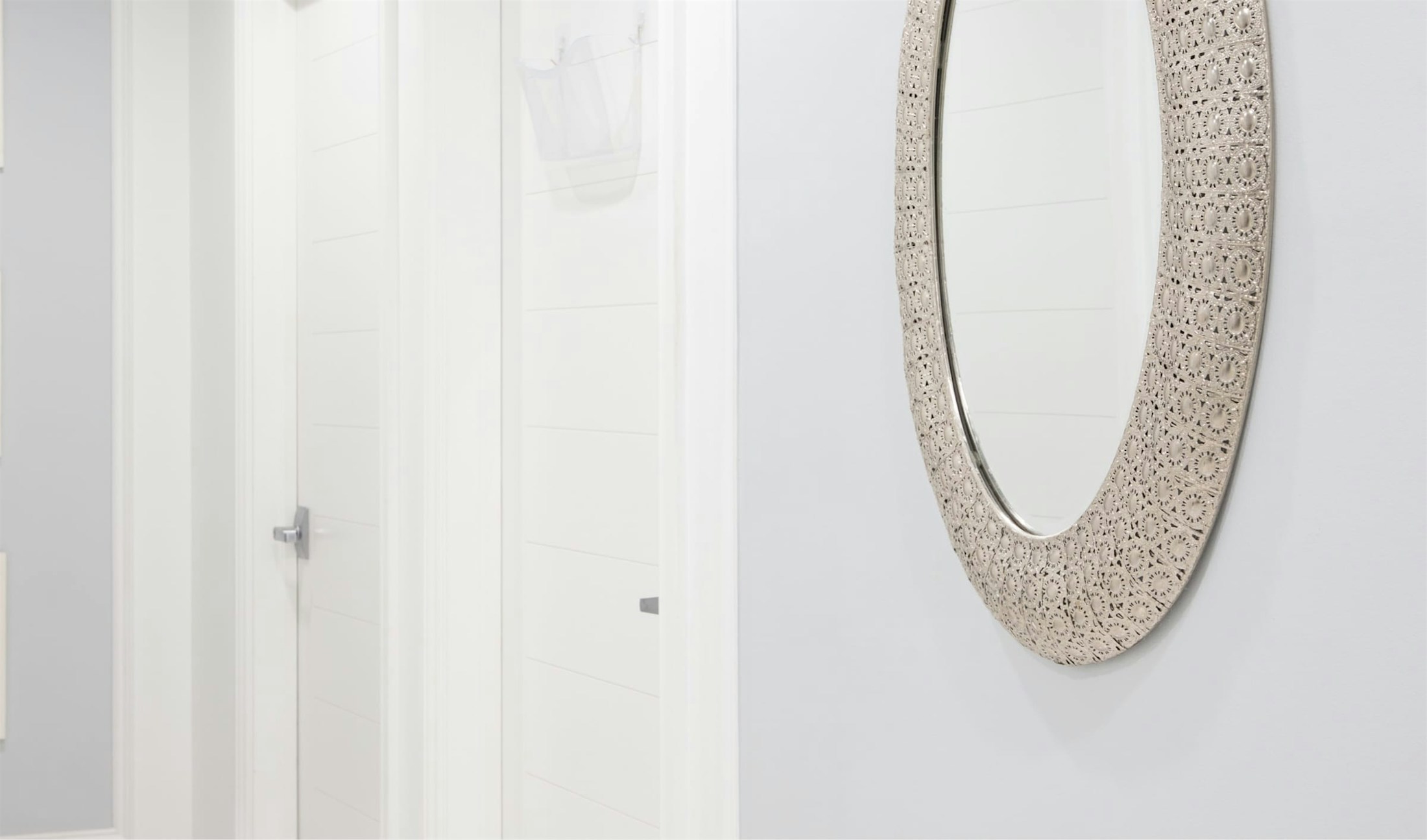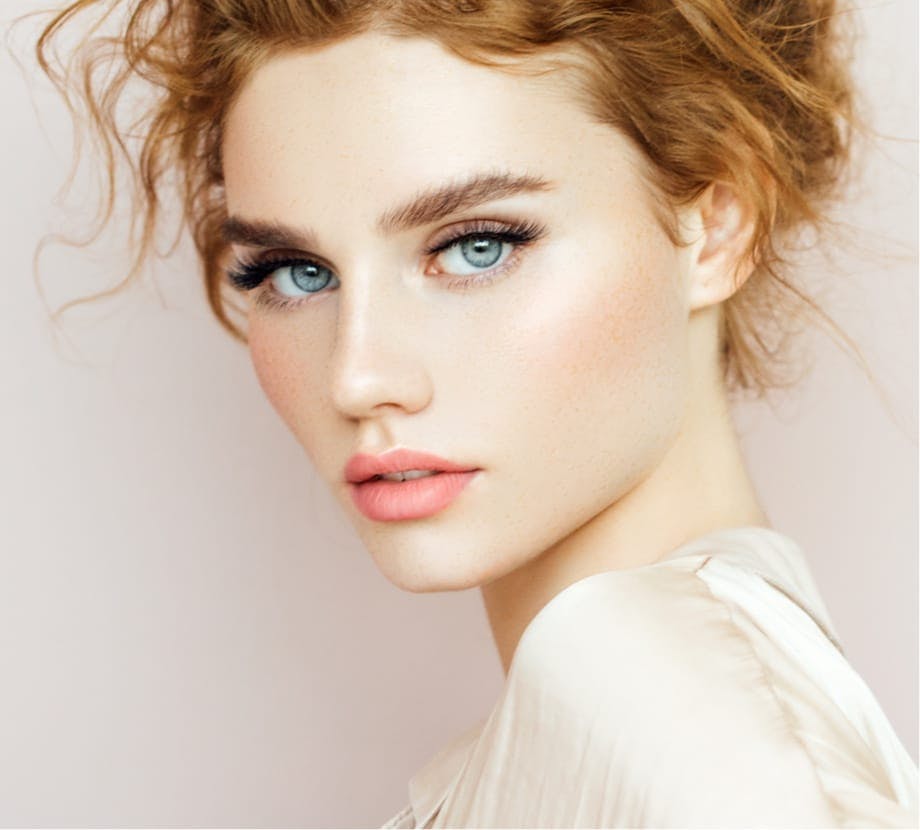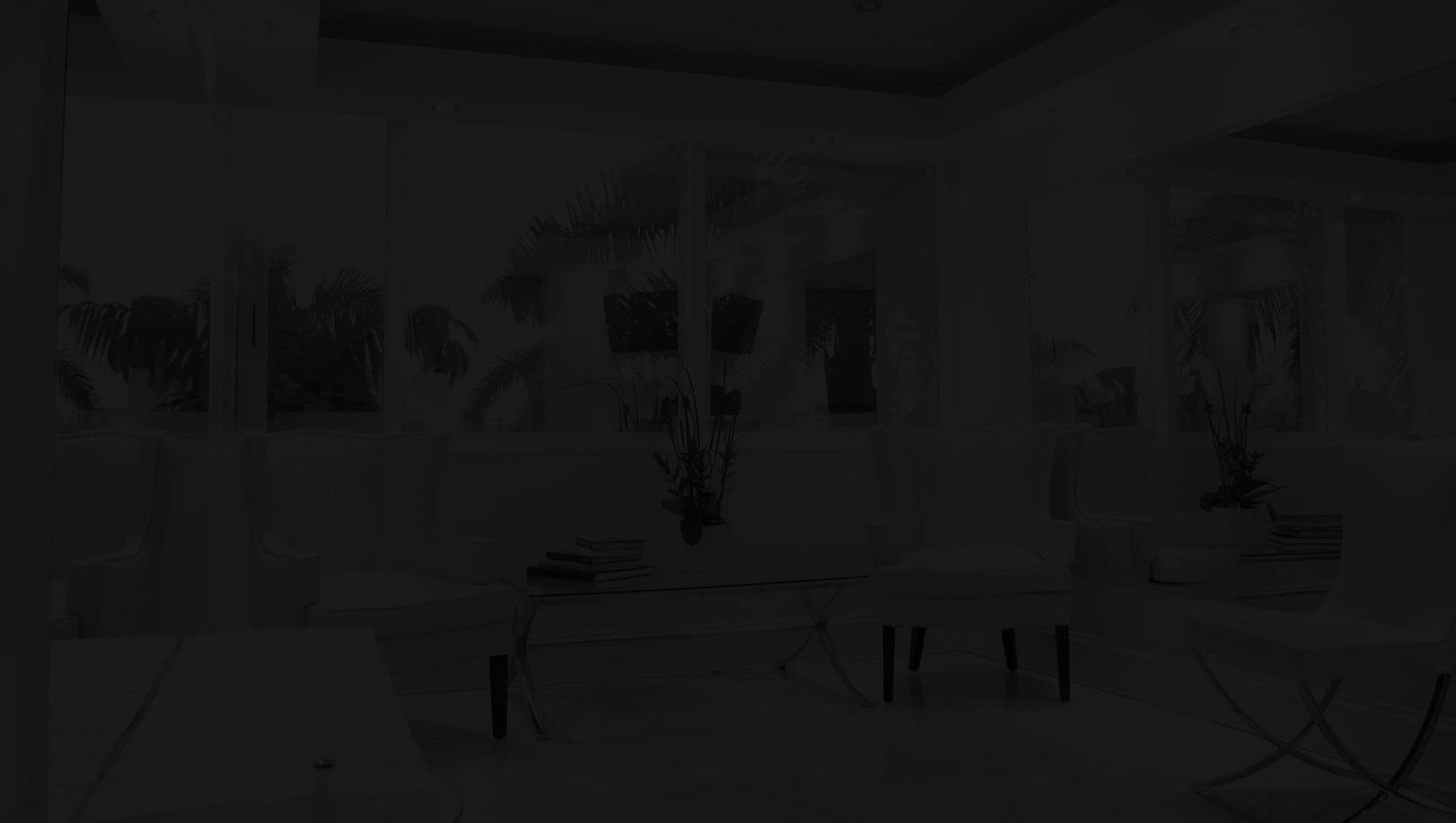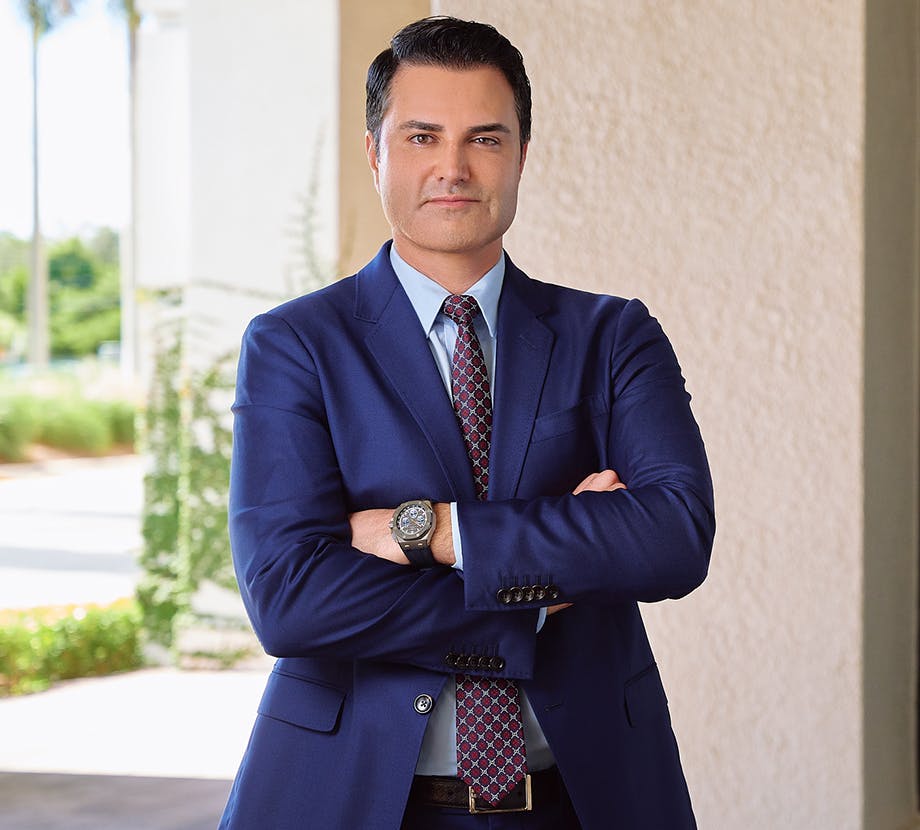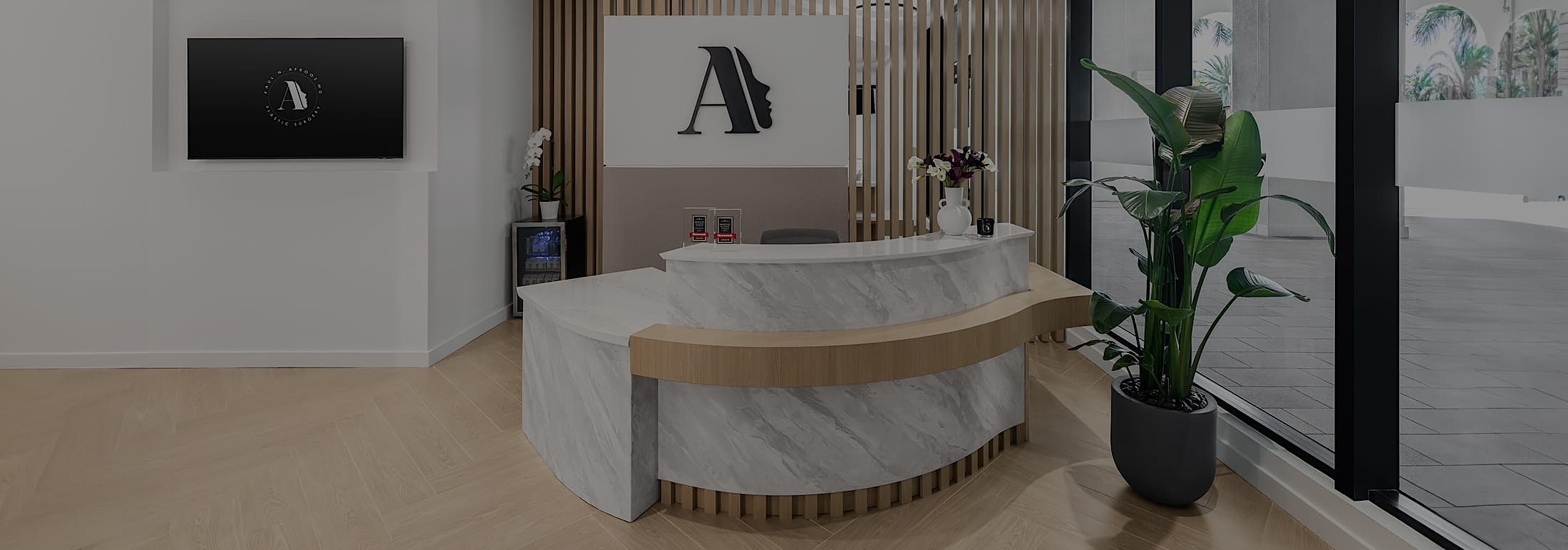Rhinoplasty is a complex and delicate procedure performed to refine the nasal appearance and function. When nose surgery doesn’t go quite according to plan, it can be frustrating and distressing. In some cases, the surgeon may have failed to go far enough in effecting the client’s desired aesthetic changes while in other instances, too much cartilage and bone may have been removed, resulting in structural issues and a poor cosmetic outcome.
What is revision rhinoplasty?
Revision rhinoplasty is a correctional surgery done after a previous rhinoplasty to rectify its mistakes or errors, whether cosmetic (results that aren’t appealing to the patient) or functional (results that in some way inhibit normal breathing).
Revision rhinoplasty tends to be more complicated than primary rhinoplasty and requires the combination of both extensive anatomical knowledge and hands-on skills to make the surgery a success. Revision rhinoplasty is considered by some to be the most challenging of plastic surgery procedures.
Fellowship-trained and board-certified, Dr. Paul Afrooz brings a passion and perfection to each of his surgeries. In addition to prolifically authoring peer-reviewed literature, he is frequently invited to lecture and educate on cosmetic surgery internationally. Dr. Afrooz honed his skill and artistry at among the most prestigious cosmetic surgery training programs in the world and has years of experience and thousands of satisfied patients to his credit. He has yet to see a revision rhinoplasty patient he was unable to treat to total satisfaction.
Rhinoplasty is performed to address:
- Sinus and breathing issues
- Birth defects and deformities
- Collapse of nasal structures
- Sleep problems
- Deviated septum
- Poor cosmetic results
- Over-removal of cartilage and bone


